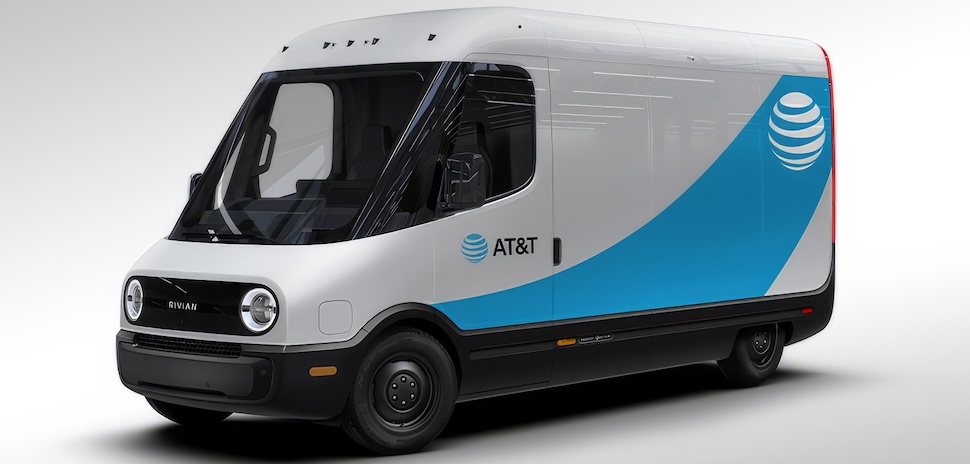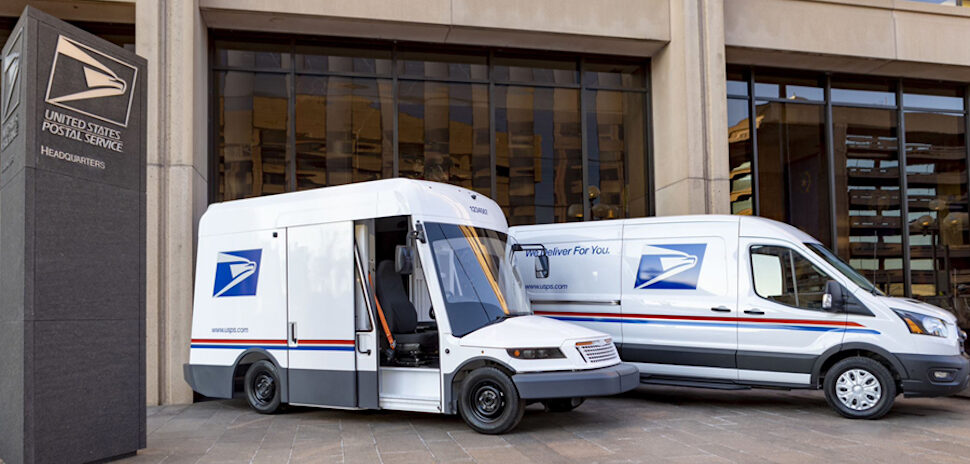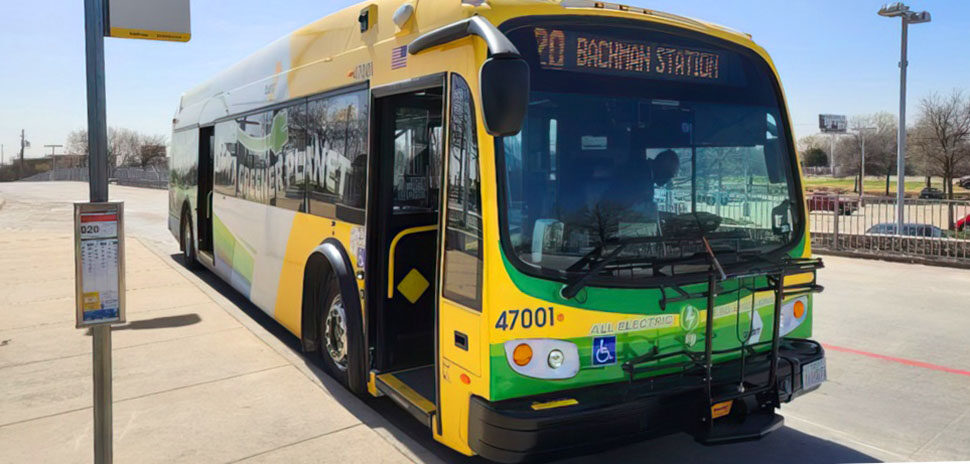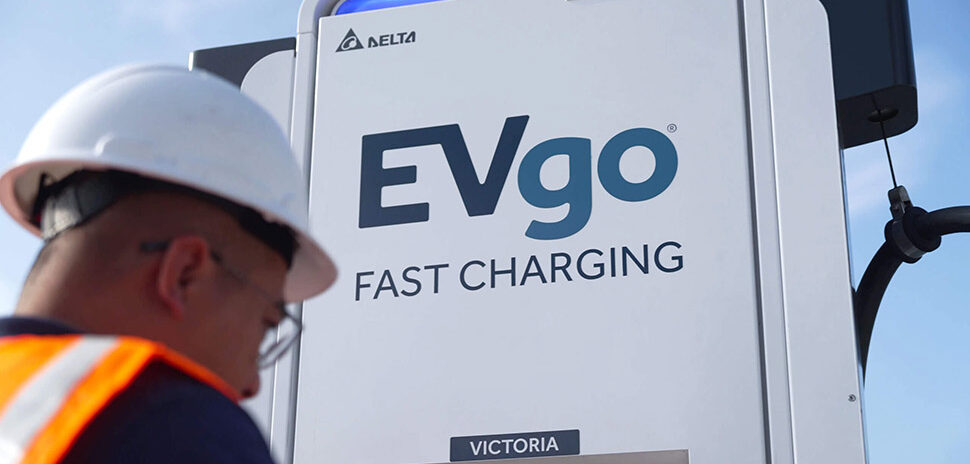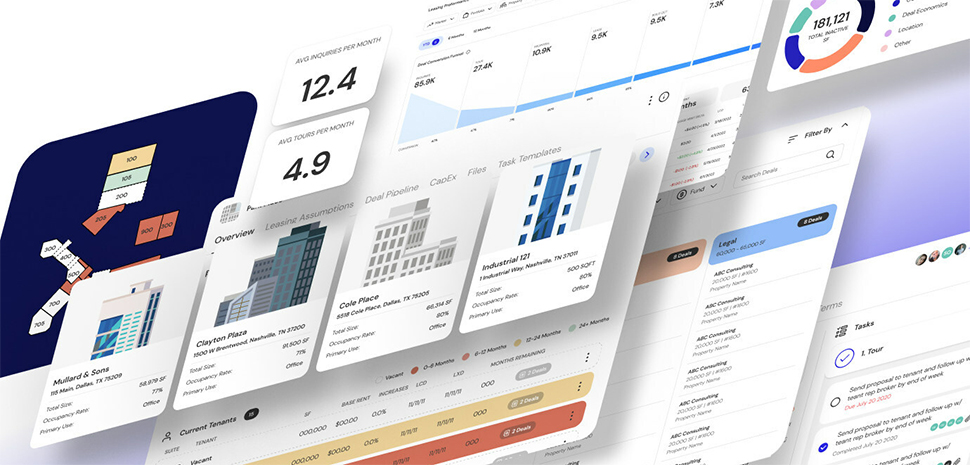Like Walmart did in DFW, and like Amazon did in DFW before that, AT&T announced a move today that will help electrify its fleet as well as “improve safety, reduce costs, and cut its carbon footprint.”
Dallas-based AT&T will purchase Rivian electric vehicles for its fleet through a pilot program aimed at cutting transport emissions. The company expects to begin adding the Rivian Commercial Van and R1 vehicles to its fleet in early 2024.
AT&T said that piloting EVs from Rivian will allow it to explore “new paths in its electrification journey,” helping the company contribute toward its commitment of carbon neutrality by 2035.
“We’re excited to purchase Rivian EVs for our fleet,” Hardmon Williams, SVP of AT&T Connected Solutions, said in a statement. “This pilot is another important step in our ongoing efforts toward sustainability, reducing our carbon footprint, and embracing a cleaner future for our operations. With advanced connectivity and a vision for a sustainable future, Rivian is setting the standard for the evolving demands of modern transportation.”
As part of the deal, AT&T has been named “exclusive connectivity provider” for all Rivian vehicles in the U.S. and Canada, “enabling smarter, safer, and more connected driving experiences,” the companies said.
Using AI to make its fleet more efficient
AT&T says it’s doing more than just plugging in EVs to move its carbon-fighting goals forward. The company’s strategy also includes “optimizing routes, switching to hybrid and [electric vehicles], and reducing the overall size of the fleet.”
AT&T added that it uses AI to make its fleet more efficient. “Overall, AT&T drives 20% fewer miles each year, reducing emissions by 51 million pounds,” the company said.
Rivian is doing its part as well, partly by using over-the-air software updates to “consistently improve its vehicles with new features that elevate the driving experience for its customers.”
Rivian Commercial Van offers ‘360-degree visibility’
The companies said Rivian Commercial Van “is designed from the ground-up prioritizing safety, sustainability, and ownership cost”—adding that the van is engineered to be one of the safest vehicles on the road today, with features including automatic emergency braking, collision warnings, and 360-degree visibility.
The vans run with Rivian’s in-house software stack, which underpins the fleet management system, “improving efficiency and contributing to a lower total cost of ownership,” the companies said.
“We couldn’t be happier to collaborate with AT&T as we work together to help cut emissions and protect our environment,” Dagan Mishoulam, VP of strategy & fleet at Rivian, said in a statement. “Around a quarter of CO2 emitted in the transportation sector in the US comes from commercial vans, so it’s imperative we do all we can as soon as possible to help cut emissions.”
“Our category-defining vehicles offer some of the most advanced technology in the sector and are continually improved through over-the-air updates,” Mishoulam added. “We’re very much looking forward to expanding our relationship with AT&T to help them achieve their climate goals.”
![]()
Get on the list.
Dallas Innovates, every day.
Sign up to keep your eye on what’s new and next in Dallas-Fort Worth, every day.










